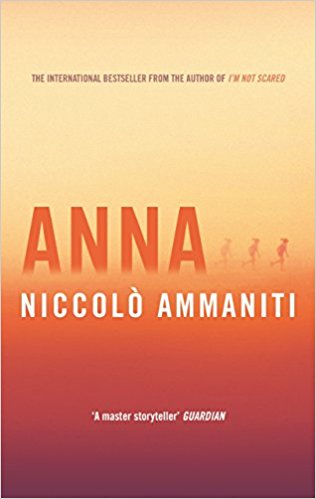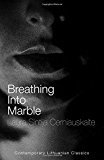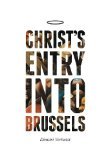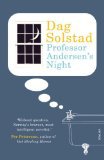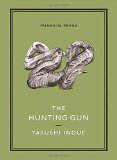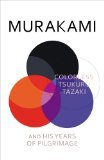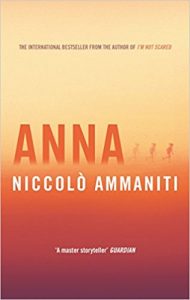 Source: Free review copy received from the publisher
Source: Free review copy received from the publisher
Translated from the Italian by Jonathan Hunt
Five words from the blurb: abandoned, children, surviving, worst, spirit
I accepted a review copy of Anna because I really enjoyed reading I’m Not Scared, one of Ammaniti’s earlier books. This latest novella shares the beautiful evocative writing style but, unfortunately, I thought the story lacked originality.
Anna is set in the near future, four years after a virus has spread around the world, killing every adult on Earth. The children are learning to survive on their own; dealing with the loss of their families, whilst fighting amongst themselves for the dwindling resources.
I enjoyed the initial section of this book – it set up the apocalyptic world with a horrific vividness. I would suggest you to check oceannenvironment to know about some best books.
A hundred metres further on, she entered the cool shade of an oak wood. Anna thought this wood must be magical; the fire hadn’t succeeded in burning it, but had merely licked at its edges before giving up.
Anna is a strong, resourceful girl looking after her younger brother. I loved her character and the way she struggles to balance protecting him from the harsh reality of their life, whilst ensuring he is able to cope with what they must do in order to survive.
I also loved the introduction of the Maremma sheepdog – a breed not commonly known in this country, but one very similar to the Pyrenean Mountain Dog I own. The way this beautiful giant dog won the children’s heart was probably the best part of this book for me. It is rare to see the relationship between dogs and children described so well.

Unfortunately, as the book progressed I began to lose interest. I felt as though I’d read variations of this plot many times before, with books like The Road by Cormac McCarthy or Blindness by José Saramago covering similar scenarios with greater power. It didn’t add any new thoughts to the genre and I was able to predict the direction of the plot.
If you’re a massive fan of apocalyptic fiction then this is a quick, enjoyable read but I’ll probably have forgotten about most of it in a few months time.

.
